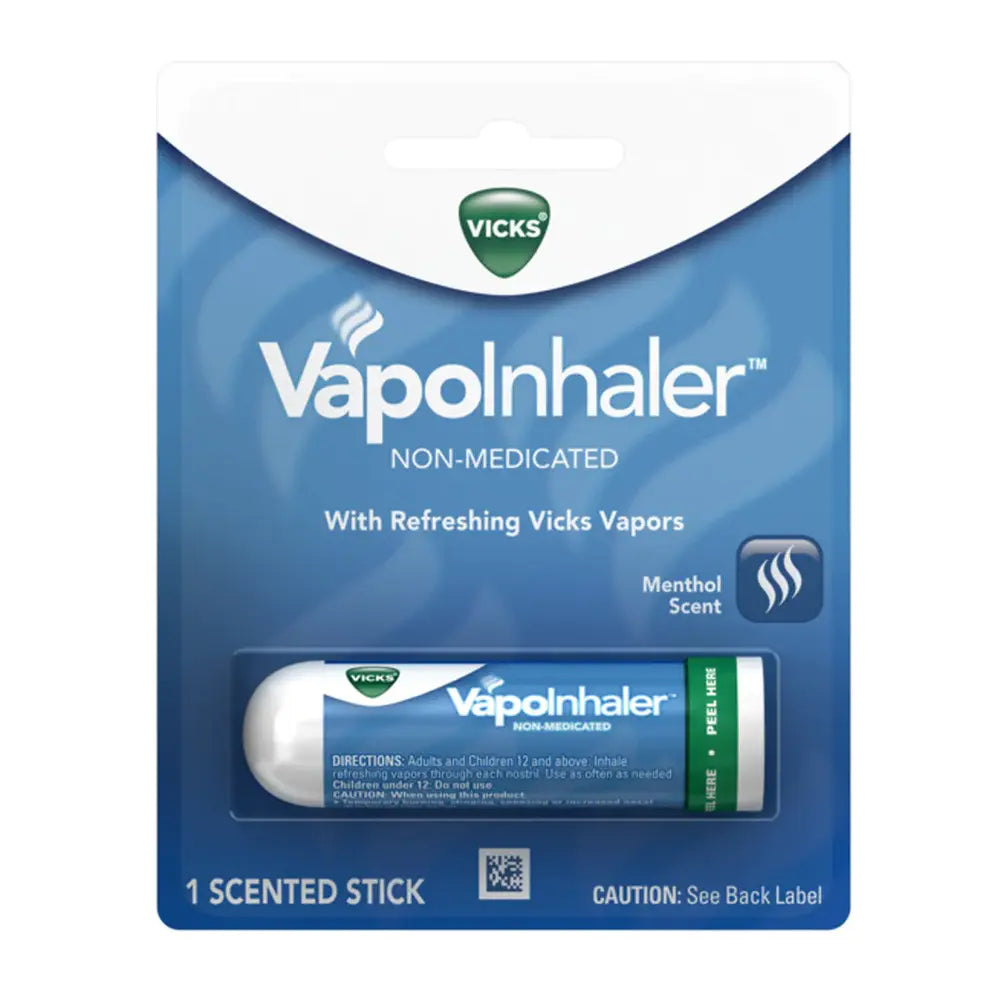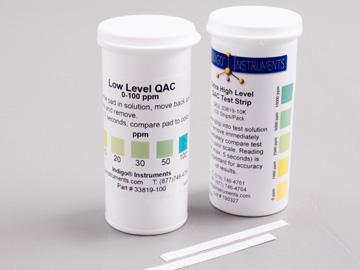[ad_1]
As supply chain shortages persist, the average household pet might be feeling it too. The tiring search for that one kind of pet food our dog or cat likes best has been part of the new normal that came along with the pandemic, seeing bare shelves with stray cans and bags of food sprinkled down the aisle. There are, however, some other options pet owners can consider.
The search beyond the store
First off, don’t give up. Second, to find that favorite can of food, experts say it’s important to plan ahead. The key is to shop in advance before your supply at home runs low.
“So it really seems to be ebbing and flowing depending on your certain food, and also what state you are in,” said Susan Wollschlager with the Connecticut Humane Society. “So really just plan ahead have a backup plan, get in touch with your veterinarian now, you don’t want to wait.”
Going beyond your regular shopping aisle work too. Check other stores, even online stores.
“Sometimes you have some shipping delays or it’s out of stock,” Wollschlager said. “But then, if you check the next day it might be back in stock, so keep a really close eye online so that you can monitor how it’s looking. And the other huge thing is: do not wait until you run out.”
If you’re still having trouble, talk to your veterinarian. They’re also navigating the shortage for their clients and pets at home, and are ready to guide you.
Dr. Andrea Dennis is the founder and Chief Veterinarian of Bloomfield Animal Hospital. She first recommends sizing up or down if you do find your food, just in a different size.
“The other thing I recommend doing is for specialized diets. If you know your cat or dog can not take beef, then look at the labels…and try to stick with the same ingredients,” Dennis said.
RELATED: 4 Fast Facts about monkeypox
Tips for switching brands or varieties
So you’ve made the switch to a new flavor or brand of food. How do you introduce it to your pet?
It’s not typically an immediate thing to do, especially with cats, who tend to be picky. New foods usually have to be introduced gradually.
One method is to take one-fourth of the new food and mix it with their normal food and work your way up from there. The process can take about two to four weeks. Mixing and gradually transitioning to a new food is another reason shoppers should not wait until the last minute to find pet food; It would be difficult to make the gradual transition with one cup or can left.
Sticking with the same food or food type family will make the transition easier, according to Dennis. She said reading the label and knowing the main ingredients are important.
“So if chicken is the main ingredient, why would you switch to a turkey food? Or is fish food? So you want to know what’s in your food to begin with,” said Dennis.
Many pets have allergies or special diets to maintain, and getting those foods has been the hardest of all for veterinarians and their clients. Regardless, they can still help.
“If we have to get something different we want it to be as close as possible,” Dennis said.
Sign up for the FOX61 newsletters: Morning Forecast, Morning Headlines, Evening Headlines
Make it holistic and at home
Making homemade pet food is also an option, but it’s not as simple as it seems. Each cat and dog is unique and needs its own balance of protein, vegetables, vitamins, minerals, and more. Finding that right balance takes a team, and it starts with talking to the vet or a vet nutritionist.
“You need multivitamins, you need minerals, need folic acid, you need b-12, what people don’t necessarily think of,” Dennis said.
Some proteins dogs can eat range from beef to chicken to lamb. Veggies include but are not limited to kale, carrots, green beans, asparagus, pumpkin, and even fruit like blueberries and apples. Grains including buckwheat, oats, chickpeas, brown rice and kidney beans make the bowl.
Talk to the veterinarian about the supplements needed in your pet’s diet. They may also consult vet nutritionists, like the ones at petdiets.com.
“It works with a veterinarian and works with your own veterinarian and it will help guide you to recipes that you can actually make for your pets that would be very nutritious, complete and stick with the same ingredients that you were using beforehand,” Dennis said of petdiets.com.
Vets and pet owners may go down a more local and holistic path, and that’s where Paul and Lynn of New Milford come in.
The couple runs Paul’s Custom Pet Food, where they offer six varieties of fresh dog food. They use locally sourced meats and vegetables and have had diplomats of veterinary nutrition balance the recipes.
“Paul was the one to do all of the cooking, but we decided shortly after that we would explore offering that service to other people. And our veterinarian at the time said there was a great need for it,” Lynn said.
They also make custom recipes with veterinarians.
“That is individual, made-to-order recipes based on an individual pet’s dietary needs,” Lynn said. “A lot of them have allergies, they have the same diseases we do, so we work with some of those same veterinarian nutritionists and others to prepare food based on their recipes for individual dogs and cats.”
They turned to fresh food for their Golden Retriever, Hunter, who was 3 when a cancer diagnosis gave him six months to live. The diagnosis sent them to a second opinion, who entertained the idea of a holistic diet. After making the switch to fresh food, the couple said Hunter went on to live for another 10 years. Their current dog, Herbie, has been exclusively eating homemade pet food.
Since then, they have been sharing their fresh meals with around 300 repeat clients along the Eastern Seaboard.
For a small business that locally sources their food, there are only minor shortages they are facing.
“Where we see shortages in the supply chain is the packaging products. Obviously those we can’t source locally and we buy those on a national scale – international,” Paul said.
With many clients taking home delivery, they’ve been feeling the pain at the pump and the UPS trucks carrying food to customers far away have added a day or two to their usual delivery timeline.
A fresh food diet, when done right, doesn’t hurt to try.
“I have had some of my clients diagnosed with different types of cancer and say ‘I’m going to do that homemade diet,’” Dennis said. “I don’t feel that food is the cause, or manufactured food is the cause of cancer, but I do think if someone is concentrating on what is really going on nutritiously, to their pets, there’s possibility of a positive there.”
Considering a raw diet? Dr. Dennis says beware.
“I’m not a particular fan of raw diets,” Dennis said. “Mainly that’s because I worry about salmonella, I worry about some of that…If you go to the FDA website these diets get quickly recalled because of salmonella.”
RELATED: Derby restaurant stepping up for German Shepherd that was shot
Where are we now?
The pet food shortage is seeing some improvement, with some brands popping back up on the shelves, but it’s clearly ongoing.
The pet adoption boom during the height of COVID-19 calls for more demand for food.
“There seems to be more adoptions,” Dennis said. “There are being more fostering than ever before, we as veterinarians have been busier than we have ever been.”
“The reality is the pandemic puppy adoptions that everybody talks about here is a fact and even for our small business we saw a big increase in our sales over the last two years,” Paul added.
As for the supply chain, from what Dr. Dennis has seen, the warehouses and truckers are backed up.
“I talk to these companies directly. They say they have the ingredients, but it’s the getting the food to the consumer,” Dennis said. “The trucker situation, sometimes even the warehouse, some just don’t have the people working that can load the trucks, never mind the trucks that are stalled somewhere not getting to the proper area.”
The impact goes beyond the supply and demand imbalance.
“I think this shortage really feels emotional to people because it’s their animals, you know, we saw stuff for us paper goods and toilet paper. And all of that that we went through, in the cleaning products that these are our family members who are dealing with this,” Wollschlager said.
Leah Myers is a digital content producer at FOX61 News. She can be reached at [email protected]
Have a story idea or something on your mind you want to share? We want to hear from you! Email us at [email protected]
HERE ARE MORE WAYS TO GET FOX61 NEWS
Download the FOX61 News APP
iTunes: Click here to download
Google Play: Click here to download
Stream Live on ROKU: Add the channel from the ROKU store or by searching FOX61.
Steam Live on FIRE TV: Search ‘FOX61’ and click ‘Get’ to download.
[ad_2]
Source link







